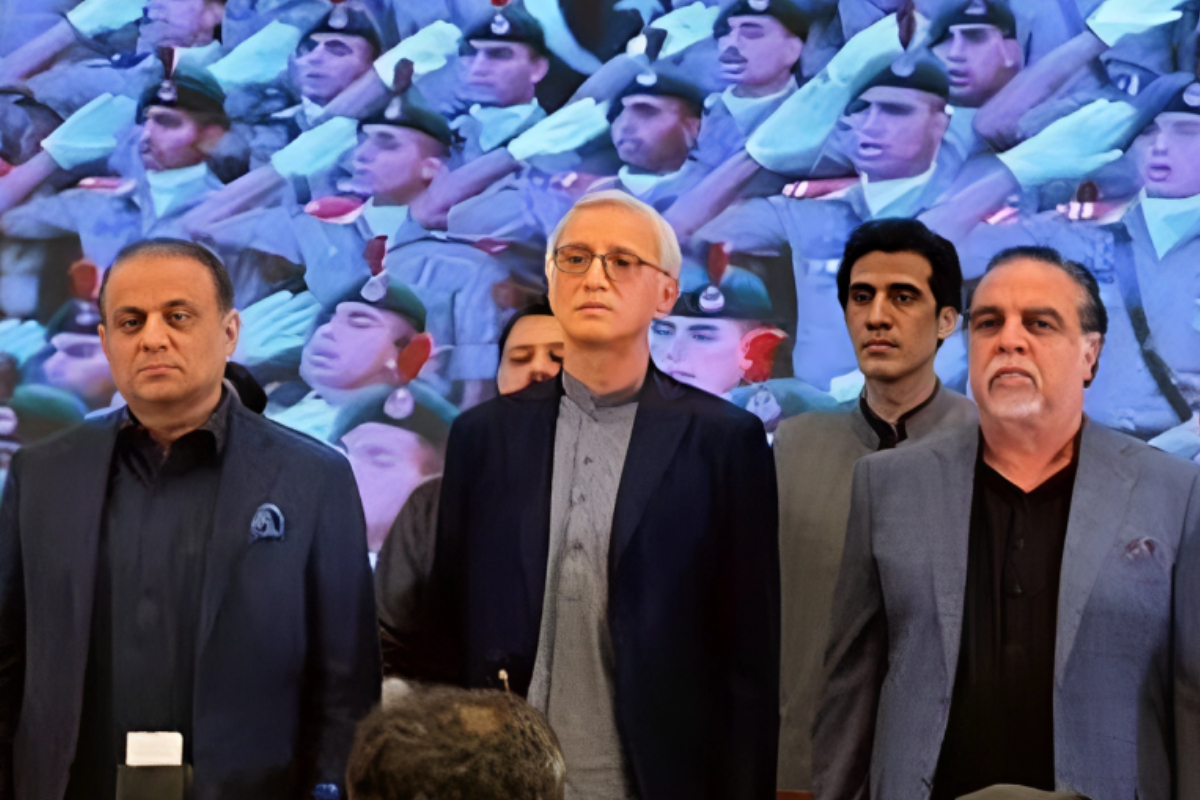Istehkam-e-Pakistan Party officially registered as political party
The Istehkam-e-Pakistan Party (IPP) has been officially registered as a political party, paving the way for it to contest general elections.
The Election Commission of Pakistan (ECP) issued a notification stating that IPP has been registered under sections 208 and 209(3) of the Elections Act, 2017, read with Rule 158(2) of the Election Rules, 2017.
The move takes the total number of political parties registered with the ECP to 172. The ECP also registered three more parties, Kadmeen-i-Sindh, Pakistan Kesan Labour Party, and Tehreek-i-Ehsas Pakistan.
The Istehkam-e-Pakistan Party was formed by former PTI leader and sugar baron Jahangir Tareen, once a close aide of the PTI chief Imran Khan, in June.
Tareen made the announcement during a press conference with several other PTI defectors including those who left in the aftermath of the May 9 incidents.
Aleem Khan was appointed as IPP President and Amir Mehmood Kayani as Secretary General. Fayyazul Hasan Chohan, Firdous Ashiq Awan, and Mahmood Moulvi later joined the party.
Former Governor Sindh Imran Ismail, Ali Zaidi and Fawad Chaudhry who severed ties with PTI amid a state crackdown were present but did not formally join the party.
Speaking during the launch, Tareen said on the occasion that the country was going through “delicate times”. Elaborating on the need to form a new party, he said he had joined politics for just one purpose to contribute to the country’s progress.
“During my long journey in politics, I got the opportunity to meet and work with several people. I learned a lot from this experience,” he said.
He said he had joined the PTI to implement all reforms that Pakistan needed but unfortunately, the matters did not go the way we expected and people were disheartened.
He said the PTI’s manifesto was to improve the economy and relations with other countries and most importantly, ensure accountability.
Tareen said the events of May 9 had changed the politics of Pakistan. He said Pakistan presently needed a leadership that would end political and social divisions and promote unity and tolerance.


